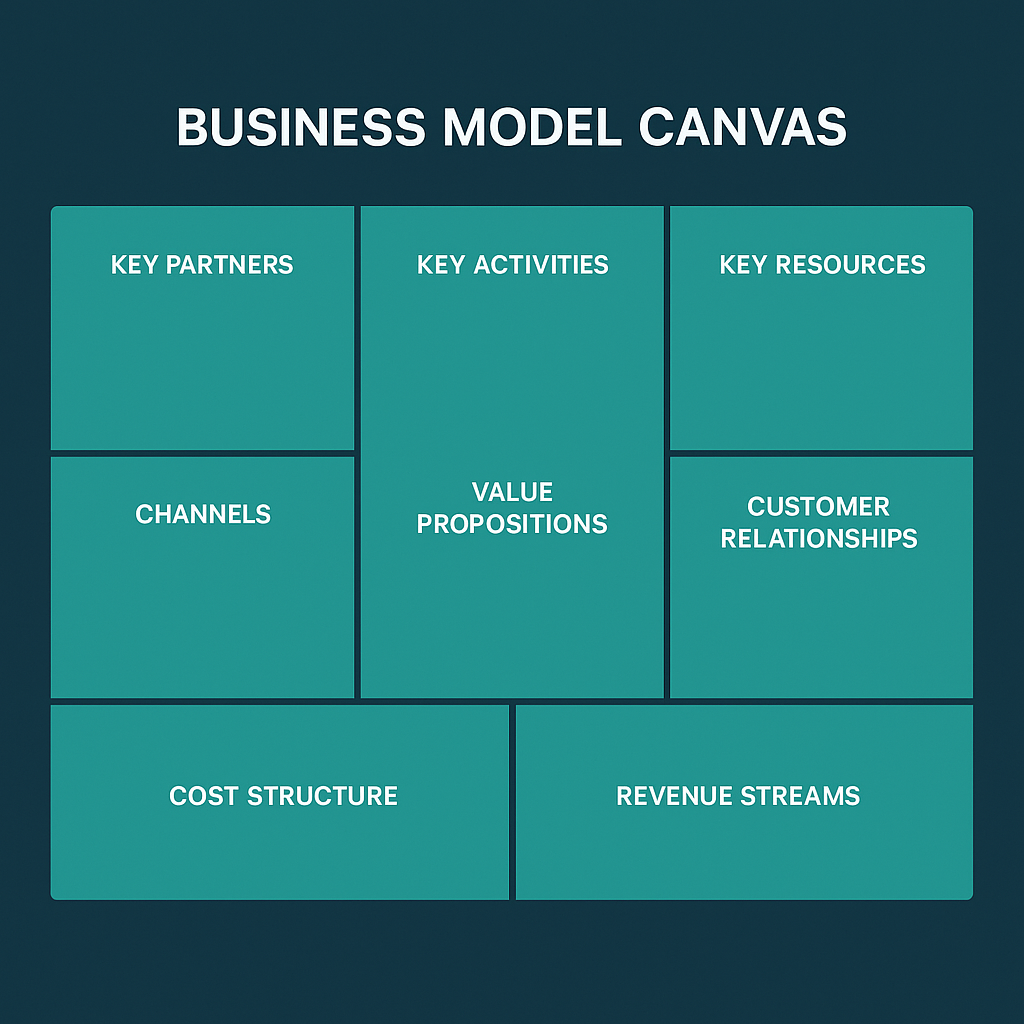Essential Steps for Effective Financial Planning
Financial planning is an essential skill that everyone should cultivate. It involves setting financial goals, creating a roadmap to achieve them, and making informed decisions about your money. Whether you're planning for retirement, saving for a major purchase, or just trying to manage your daily expenses more efficiently, effective financial planning is key.
In this article, we'll explore what financial planning means, its importance, and the steps you can take to create a robust financial plan for your personal and family needs. We'll also touch on the role of financial advice from banks and other institutions in your financial journey.
Before diving into the steps of financial planning, it's crucial to understand its definition. Financial planning is the process of organizing your finances to achieve your life goals. These goals can be short-term, like saving for a vacation, or long-term, such as retirement or buying a home.
Why is Financial Planning Important?
Financial planning helps you make the most of your income and savings. It gives you a clear picture of where you stand financially and where you need to go. It also helps reduce stress by preparing you for unexpected expenses and changes in your financial situation.
Steps to Effective Financial Planning
Step 1: Assess Your Current Financial Situation
Start by taking a close look at your current financial situation. This includes evaluating your income, expenses, debts, and savings. Understanding where you stand will help you set realistic goals and identify areas where you can improve.
Step 2: Set Clear Financial Goals
Your financial plan should be driven by clear, achievable goals. These can range from paying off debt, saving for your child's education, or building an emergency fund. Make sure your goals are SMART: Specific, Measurable, Achievable, Relevant, and Time-bound.
Step 3: Create a Budget
A budget is a crucial tool in financial planning. It helps you track your income and expenses, ensuring you live within your means. Start by listing all your sources of income and then your regular expenses. This will help you see where your money goes and where you can cut back.
Step 4: Plan for Taxes
Taxes can have a significant impact on your finances, so it's important to plan for them. Understand the tax implications of your income, investments, and other financial activities. Consider seeking financial advice from banks or tax professionals to optimize your tax situation.
Step 5: Build an Emergency Fund
Life is unpredictable, and having an emergency fund can provide peace of mind. Aim to save at least three to six months' worth of expenses in a separate, easily accessible account.
Step 6: Manage and Reduce Debt
Debt can be a major obstacle to achieving your financial goals. Focus on paying off high-interest debts first, such as credit card debt, while making minimum payments on others. Consider consolidating debts or negotiating lower interest rates to manage them more effectively.
Step 7: Invest for the Future
Investing is a powerful way to grow your wealth over time. Consider your risk tolerance, investment goals, and timeline when choosing investments. Diversify your portfolio to minimize risk and maximize returns.
Step 8: Protect Your Assets
Insurance is a key component of financial planning. It protects you and your family from financial hardship in case of unexpected events, such as illness, accidents, or natural disasters. Review your insurance coverage regularly to ensure it meets your needs.
Getting Financial Planning Advice
by yousef samuil (https://unsplash.com/@joosamm)
There are many sources of financial advice available, from banks to independent financial advisors. When seeking advice, ensure the advisor is reputable and understands your unique financial situation. Financial advice from banks can be a good starting point, but remember that independent advisors may offer a broader range of options.
How to Choose a Financial Advisor
- Credentials: Look for advisors with recognized certifications, such as Certified Financial Planner (CFP).
- Experience: Choose an advisor with experience in areas relevant to your goals.
- Fees: Understand how the advisor is compensated. Fee-only advisors are paid directly by you and may offer unbiased advice.
- References: Ask for references or check online reviews to gauge the advisor's reputation.
Financial Planning in Canada
In Canada, financial planning follows similar principles as elsewhere but also includes specific considerations related to Canadian laws and financial products. Understanding the Canadian financial landscape can help you make informed decisions.
Retirement Planning in Canada
Canada offers several retirement savings options, such as Registered Retirement Savings Plans (RRSPs) and Tax-Free Savings Accounts (TFSAs). Both have unique benefits and tax implications, so it's important to understand how they fit into your retirement plan.
Home Ownership and Mortgages
For many Canadians, home ownership is a key financial goal. Understanding the mortgage process, interest rates, and government incentives can help you make the best decision for your situation.
Conclusion
Effective financial planning is an ongoing process that requires regular review and adjustment. By following these steps and seeking professional advice when needed, you can create a financial plan that helps you achieve your goals and secure your financial future.
Remember, the key to successful financial planning is staying informed and proactive. With the right plan in place, you'll be well on your way to financial stability and peace of mind.




